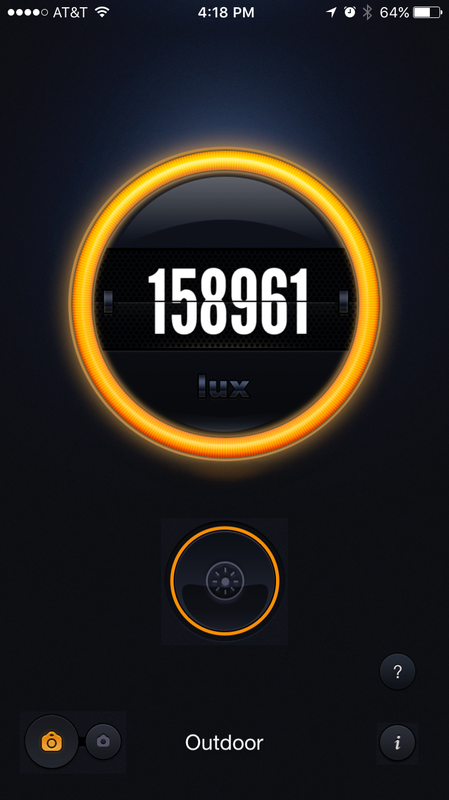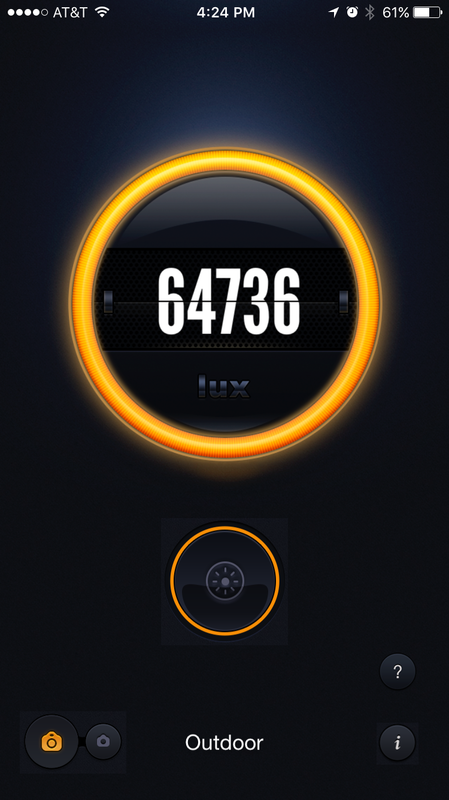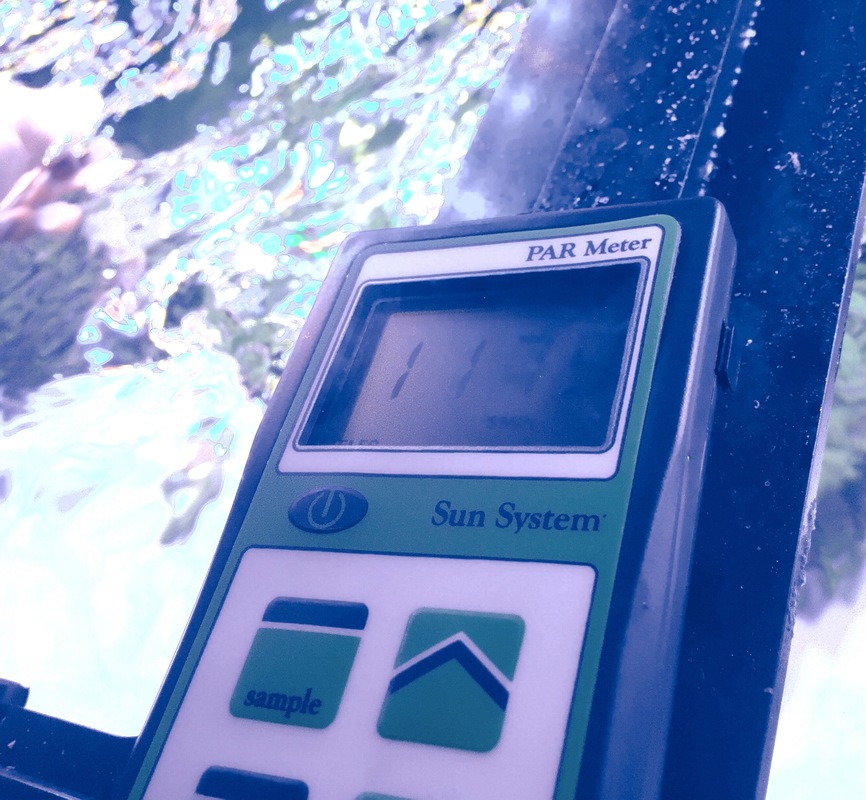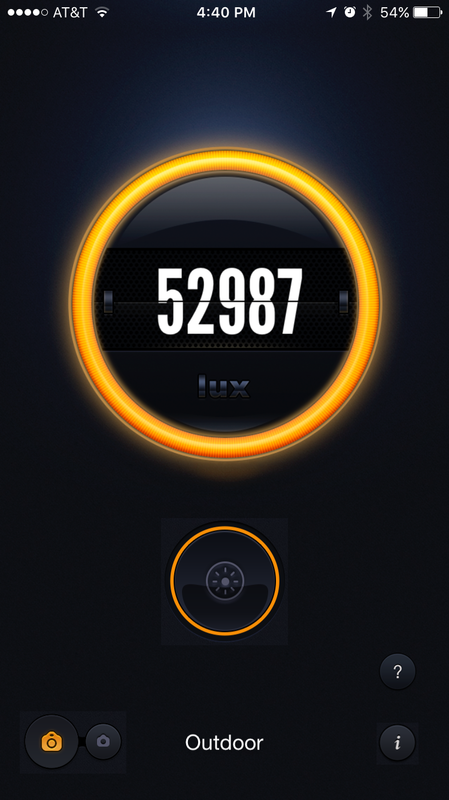Hey y'all,
I have 2 Hydra 52 HD's and I am just looking for opinions on the best PAR meter to measure the light for LED's. Any help would be appreciated. Thank you!
I have 2 Hydra 52 HD's and I am just looking for opinions on the best PAR meter to measure the light for LED's. Any help would be appreciated. Thank you!






















